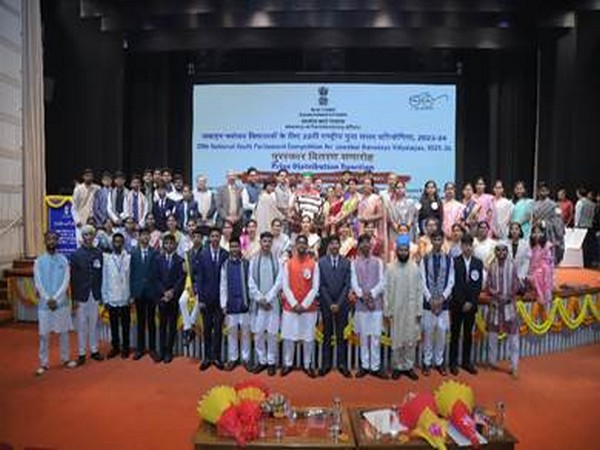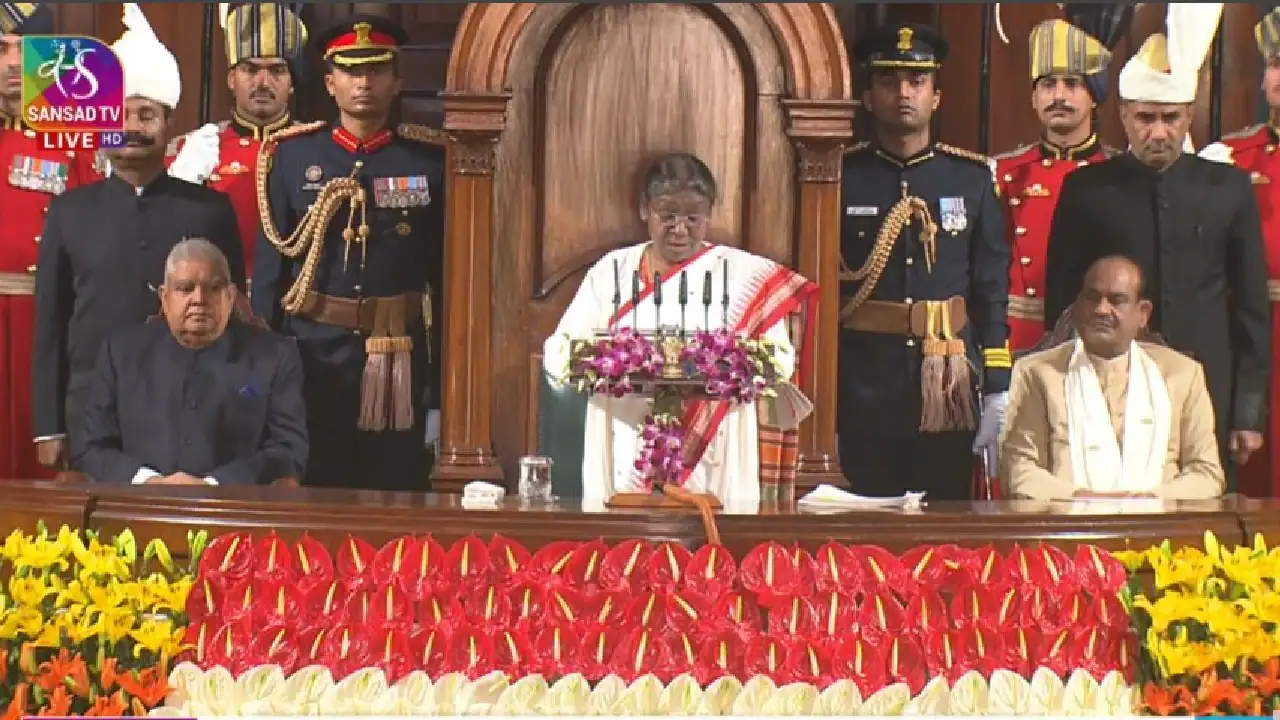Russia says ties with U.S. remain positive despite inconsistent Washington policies
Russia Maintains Positive Outlook on U.S. Relations Amid Policy Inconsistencies
Despite ongoing global tensions and geopolitical rivalry, Russia has once again emphasized that its relationship with the United States remains essentially positive, even while expressing deep concern over what it labels as Washington's inconsistent and unpredictable policy moves. The Russian government, through its senior diplomatic officials, has reiterated its commitment to maintaining diplomatic channels open with the U.S., calling for a more pragmatic and less ideological approach to foreign policy from Washington. This stance comes at a time when global watchers have noticed increasing divergence between public statements made by U.S. leaders and their foreign policy decisions on the ground.
The Russian Foreign Ministry has conveyed that while it finds many recent American decisions confusing and often contradictory, it still believes that there is room for cooperation between the two nuclear armed powers. Moscow’s messaging appears to be carefully calibrated critical of what it sees as fluctuating American behavior, yet deliberately restrained so as not to completely fracture diplomatic engagement. This measured tone suggests a strategic calculation Russia wants to portray itself as open to rational dialogue while also signaling strength and sovereignty in the face of perceived provocations.
One of the main sources of friction has been the U.S. position on sanctions, NATO expansion, and continued military aid to Ukraine. Russian officials argue that American policy lacks coherence alternating between calls for peace and simultaneous actions that escalate military tensions. According to the Kremlin, these mixed signals make it difficult to engage in meaningful dialogue, especially when trust has already been undermined over the past decade. Nevertheless, Russian diplomats have stressed that they do not seek permanent hostility and believe that diplomatic maturity can still restore a balance.
What complicates the picture further is the differing perspectives within the U.S. government itself. From the Russian viewpoint, decisions often seem influenced by domestic political cycles, partisan gridlock, and lobbying interests, rather than long term strategic thinking. Moscow has frequently criticized Washington for allowing foreign policy to be swayed by media narratives and ideological fervor. Russian analysts argue that such a volatile policy framework from the U.S. reduces opportunities for cooperation on critical global issues like arms control, climate change, space exploration, and anti terrorism efforts.
Despite these criticisms, Russia has highlighted several areas where cooperation could still be pursued. These include bilateral economic projects, nuclear arms treaties, and space missions under international frameworks. In recent meetings between Russian and American officials, tentative discussions have taken place on reviving stalled agreements like the New START treaty and reopening communication channels on global security issues. While no breakthrough has occurred, the mere continuation of dialogue is being interpreted by Russian leadership as a positive sign that both nations understand the dangers of prolonged estrangement.
Moreover, Russia has been proactive in asserting that it does not intend to isolate itself diplomatically. It has instead emphasized a multi vector foreign policy, deepening ties with China, India, Iran, and several African nations, while still leaving room open for improved ties with the West. This dual strategy suggests that Russia is working to protect its national interests through diversified partnerships, but not at the expense of completely severing its long standing ties with global powers like the United States.
Public sentiment in Russia also plays a role in shaping this approach. While anti American rhetoric has intensified in some media circles following the Ukraine conflict and subsequent Western sanctions, a segment of the Russian public, especially in business and academic sectors, still views improved relations with the U.S. as beneficial. The Russian government appears to be balancing domestic expectations with international pragmatism, attempting to manage tensions without closing off the possibility of normalization in the future.
In essence, the Russian government’s statement that ties with the U.S. remain “positive” is both a diplomatic signal and a political strategy. It suggests that while Moscow remains dissatisfied with many aspects of U.S. behavior particularly its unpredictability, sanction regime, and military posture it has not yet given up on the long term benefits of stable bilateral relations. In doing so, Russia is positioning itself as the rational actor in a complex geopolitical environment, advocating for dialogue over division, even as it prepares for continued competition in areas of strategic interest.






 Scorching Heat Breaks Temperature Records in Western India
Scorching Heat Breaks Temperature Records in Western India  WNBA stars aim for All Star redemption
WNBA stars aim for All Star redemption  President’s Address to Parliament
President’s Address to Parliament  Humidity Surge Grips Southern Cities, Sparks Health Warnings
Humidity Surge Grips Southern Cities, Sparks Health Warnings  New National Academic Credit Bank
New National Academic Credit Bank